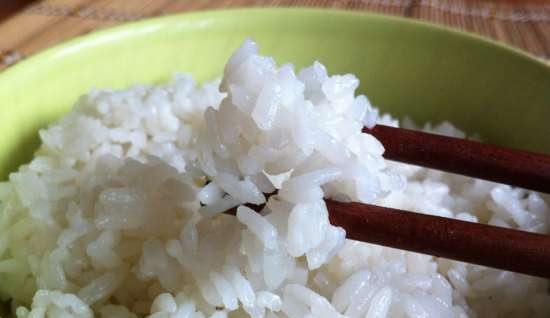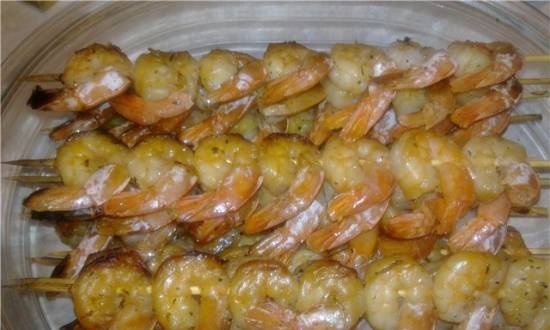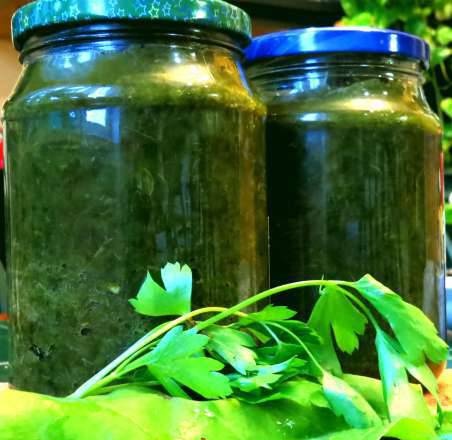Grains of Truth: Why Rice Is the World's Favorite Side Dish |
|
Let me tell you a legend in the world of rice, Katsuyuki Furukawa. He is the largest rice farmer in Japan, winner of the "best rice" competition in the country for five consecutive years, and a producer of such exceptional rice that the organizers politely asked him not to participate in the competition anymore, and instead was awarded a special award. His rice is really something special. I met Furukawa-san last year at his small farm of only five rice paddies just a few hours north of Tokyo Fukushima, where he is trying to grow organic biodynamic crops using Chinese herbal medicine as fertilizer. During my two visits, I helped him plant and harvest crops with my sons - partly to write my book on Japanese cuisine, but at the same time it was an educational trip for all of us. The tsunami in March 2011 devastated the coastal area of the prefecture, killing nearly 16,000 people. Furukawa's farm is separated from the coast by a mountain range, but due to the ensuing nuclear explosion, the Japanese stopped buying food from the entire region, and it almost went bankrupt. He managed to maintain the goodwill and Japanese fortitude that I have admired for so many years. I wanted my sons to know about this, as well as what it is like to run a rice farm: hard work in a non-competitive environment that ultimately results in ridiculously cheap bags of white (or brown) grains that we take for granted on the shelves supermarkets. I corrected myself too. Ten years ago I wrote a book about Japanese cuisinewithout mentioning rice at all. I knew perfectly well how important this dish is not only for the food culture of Japan, but for the culture in general - in Japanese, the word "gohanmeans" means both "cooked rice" and "food". They use rice to make everything from sake to mochi patties, with even waste husks being a valuable preservative. During the Edo period, the Japanese even paid taxes with rice. I was aware of its importance in Japan, as well as in other countries from Asia to Africa, the Middle East and beyond. I asked countless Japanese people what their favorite dish was, and the most common answer was "just a bowl of rice." But then I did not write about rice because it is boring. At least that's what I thought. Rice was a soft accompaniment, a waste of stomach space that could have been filled with a more flavorful and complex product. In addition, according to some common dietary guidelines, rice promotes weight. For many, white milled rice symbolizes empty calories, as most of the vitamins and minerals are lost when the husk is peeled.
Chefs all over the world know that rice is best at retaining other flavors, be it sesame seeds or biriani. Rice enhances other flavors, allowing them to linger longer on the tongue. And let's not underestimate its most common function: rice is extremely effective at filling the stomach.Italians and the inhabitants of the Indian subcontinent know this, but the Chinese understood it. But above all, the real job of rice is to calm down. In fact, he does this even while he is growing. The electric allure of ripening rice grains is a balm for the eyes. A mere glimpse of this cheerful greenery can calm even a rattlesnake. My book promises only one thing: to explain the true "meaning of rice." Spoiler alert: This is actually not the case. Rice has as much value as people on every continent who rely on this wonderful grain, the most popular food in the world, irrigate and cultivate it for their livelihood, survival, comfort and pleasure. Kordopolova M. Yu. |
| Pesto. How to use it. | A great way to remove pesticides from apples |
|---|
New recipes
 Rice is boring food, or so the author thought before his trip to northeastern Japan. There he discovered the reasons why this product is so highly regarded throughout the world.
Rice is boring food, or so the author thought before his trip to northeastern Japan. There he discovered the reasons why this product is so highly regarded throughout the world.






